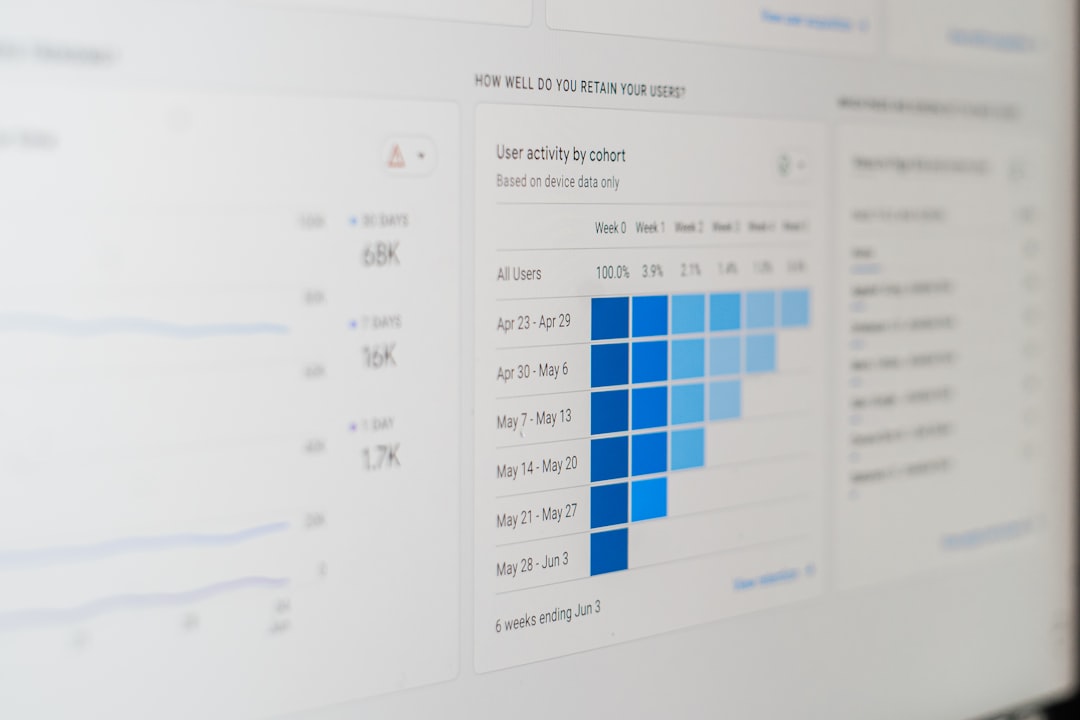When it comes to managing domains, businesses face a ton of choices. But two names often come up among those who’ve done their research: Namecheap and Cloudflare Registrar. Whether you’re launching a startup or handling IT for a giant enterprise, picking the right registrar is important. This guide will walk you through their differences in a fun and simple way.
What’s a Domain Registrar, Anyway?
A domain registrar is where you go to buy, manage, and renew domain names—like yourcompany.com. Think of it like buying real estate, but online. These companies make sure your digital “home” is listed in all the right places.
Now that we’ve got that out of the way, let’s compare these two giants!
Namecheap: The Friendly Registrar
Namecheap is well-known for its easy-to-use interface and low prices. It’s the registrar that feels like the mom-and-pop shop that grew up but kept its smile.
Key things enterprises love about Namecheap:
- Cheap Domains: As the name says, Namecheap offers affordable domains with frequent promotions.
- Bulk Management: Got hundreds of domains? No problem. You can manage them all in one dashboard.
- Email and Hosting Packs: Need extras? Namecheap sells domain-related services like emails and shared hosting.
- Live Chat Support: Real humans ready to help, day or night.

Namecheap supports all the usual suspects: .com, .net, .org, and dozens more. It’s flexible, which is important if your business operates internationally.
Cloudflare Registrar: The Security Pro
Cloudflare Registrar takes a different approach. The company is already a powerhouse in security and performance, known for its CDN and DDoS protection. When they launched their registrar, they had a unique twist: No markups on domain prices—ever.
Here’s what makes Cloudflare Registrar special:
- At-Cost Pricing: You pay what Cloudflare pays. No markups. Not even one cent.
- No Upsells: No annoying prompts to buy extras you don’t need.
- Enterprise-Grade Security: Cloudflare offers high-end DNSSEC, two-factor authentication, and more.
- Automatic Security Features: Includes registry locks and other protection settings.
There’s a small catch though. Cloudflare Registrar isn’t open to everyone. You have to be an existing Cloudflare customer, and it’s designed with tech-savvy users in mind.

Feature Showdown
Let’s dig deeper into their enterprise features and do a simple side-by-side comparison:
| Feature | Namecheap | Cloudflare Registrar |
|---|---|---|
| Domain Pricing | Low, but with some margin | At-cost (no markup) |
| Security Features | Good | Excellent |
| Ease of Use | Very user-friendly | Built for technical users |
| Additional Services | Email, hosting, SSL | Focused strictly on domains |
| Bulk Management | Yes, robust tools | Yes, but API-driven |
| API Access | Limited | Extensive |
Integration with Existing Tech
If your business already uses Cloudflare for DNS, CDN, or security, then Cloudflare Registrar can feel like a seamless extension. You manage everything in the same dashboard. No jumping between platforms. It’s elegant.
On the other hand, Namecheap integrates well with cPanel, WHMCS, and other traditional hosting tools. If your IT team prefers a GUI approach and mainstream tools, they might find Namecheap more comforting.
Enterprise Support Options
When stuff breaks (and it occasionally will), support matters.
- Namecheap: Offers 24/7 live chat support and detailed knowledge bases.
- Cloudflare Registrar: Offers support primarily through enterprise plans. If you’re a large business already paying for Cloudflare Enterprise, you’ll get access to top-tier help.
If you’re not an enterprise customer with Cloudflare, you might feel a bit out in the cold when it comes to quick responses.
Security Conscious? Go Cloudflare.
For companies that handle sensitive data or operate in heavily regulated industries, every layer of security matters. Cloudflare Registrar offers:
- Domain Locking to prevent hijacking
- Two-Factor Authentication
- Audit Logging to keep track of changes
- Free DNSSEC—a must for enterprise domains
Namecheap also has security features, but some need to be enabled manually or purchased separately.
Who Wins on Price?
This is where Cloudflare shines. Because they charge only what they pay to the registry, you get domains at the best possible price. Here are some examples (prices may vary):
- .com domain: Cloudflare – $9.06 | Namecheap – $12.98
- .org domain: Cloudflare – $10.18 | Namecheap – $14.98
Multiply that cost difference across hundreds or thousands of domains and the savings add up fast.
User Experience: Simple vs. Technical
Namecheap’s platform is easy to use, even for those without much technical experience. There’s a clear dashboard, quick search tools, and helpful tutorials. It’s friendly.
Cloudflare Registrar is mostly for power users. You’ll need to be comfortable working with DNS records, APIs, and technical jargon. But if your team loves control, this is the way to go.

So, Which One Is Better for Enterprises?
Let’s sum it up. Here are some hypothetical situations to help decide:
- Your company values rock-bottom prices and airtight security: Go with Cloudflare Registrar.
- Your team isn’t super technical and wants extra features like email and hosting: Namecheap is your friend.
- You already use Cloudflare’s services: Adding their registrar just makes things easier.
- You manage 500+ domains and need a tidy dashboard and fast support: Namecheap’s bulk tools and 24/7 chat will help.
Final Thoughts
Choosing between Namecheap and Cloudflare Registrar isn’t really about which is “better.” It’s about what you need. Each has its strengths. Namecheap is ideal for ease and mixed services. Cloudflare is designed for businesses that demand elite security and price transparency.
No matter which one you pick, just make sure it grows with your company’s goals. Because in the world of domains, you want a registrar that doesn’t just hold your name—but protects and powers your brand.
Now go forth and register with confidence!


